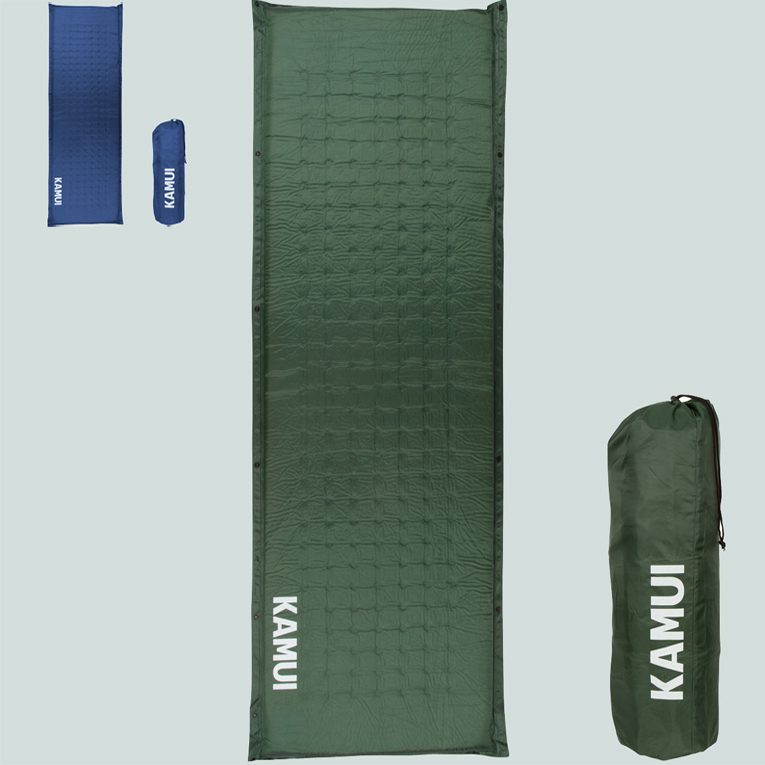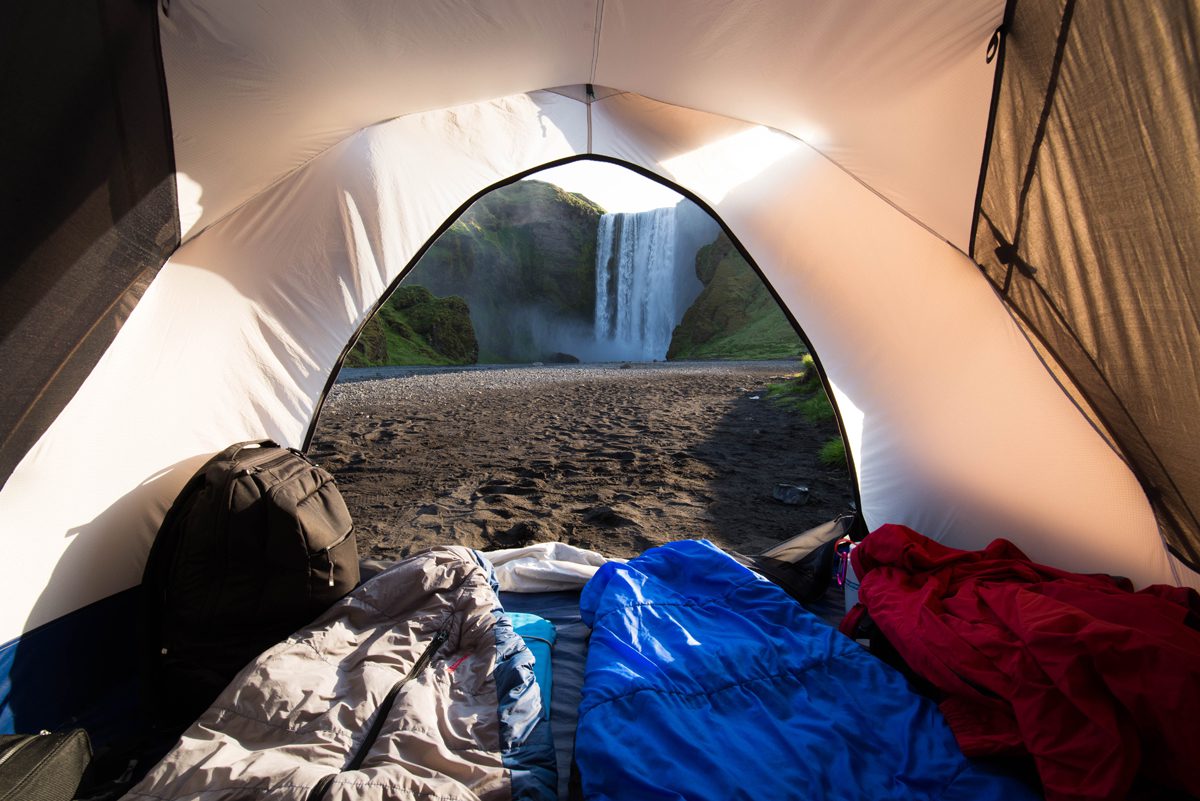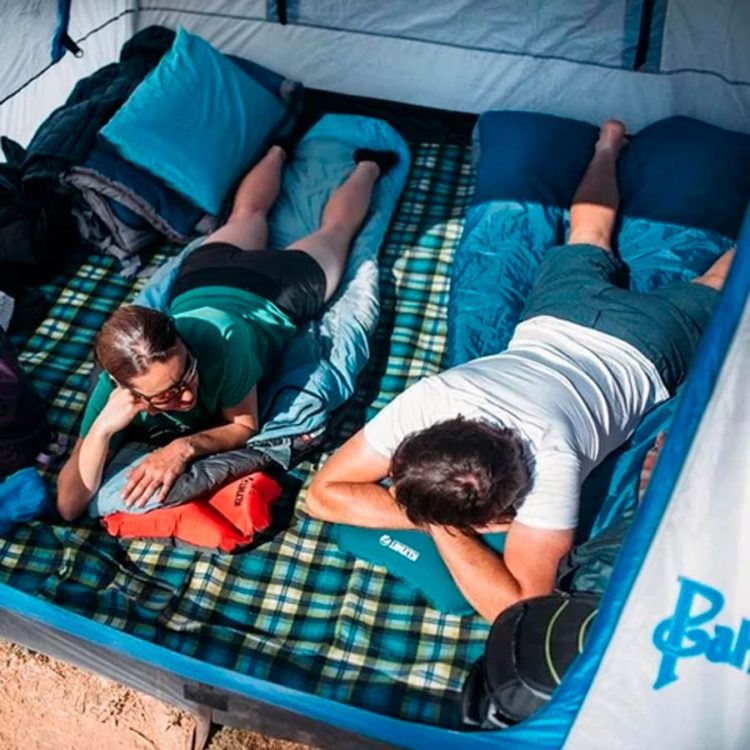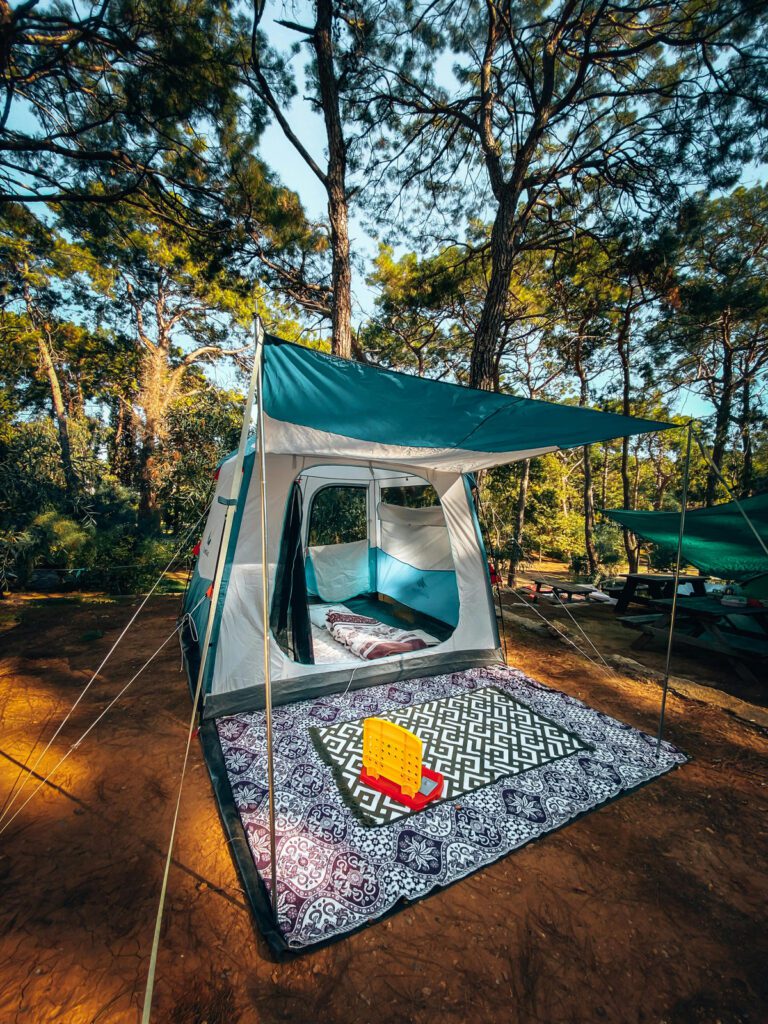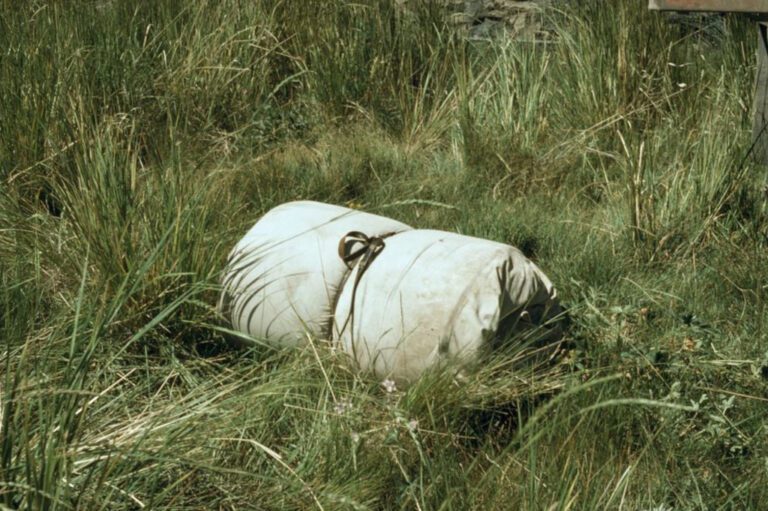Phone
+1-650-666-095
Contact E-mail
[email protected]
Address
16192 Coastal Hwy, Lewes, DE 19958-3608
What is the Most Comfortable Sleeping Pad for Camping? Here are Our Top 5 Favorites!
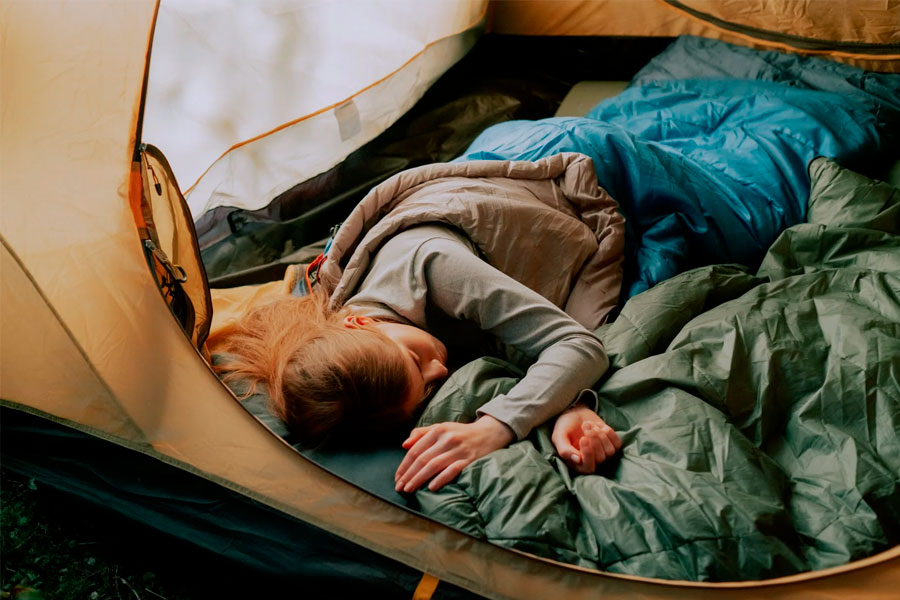

A comfortable sleeping pad for camping can improve any outdoor enthusiast’s trip. Luckily, there are sleeping pads designed for all kinds of camping. Whether sleeping in a tent, a hammock, or even in your car, there’s a sleeping pad for every occasion.
We’ve compiled a list of factors to consider when searching for a comfortable sleeping pad for camping. We took it one step further by sharing the pros and cons of the top 5 sleeping pads on Amazon and a few frequently asked questions.
Choosing the Most Comfortable Sleeping Pad for Camping
Several factors must be considered when purchasing a camping sleeping pad. It’s important to know what you intend to use your sleeping pad for, such as car camping, backpacking, and winter camping, which all require slightly different camping bed characteristics.
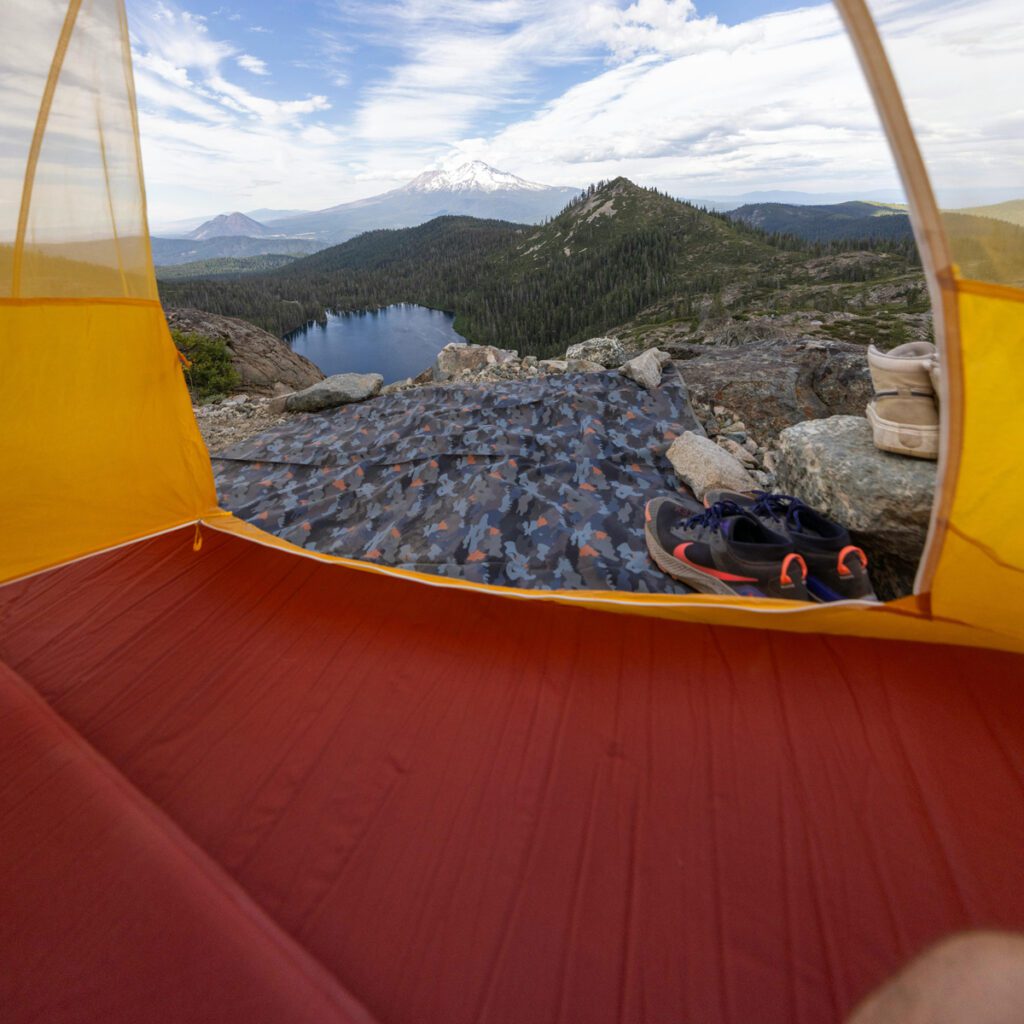

Different features, such as weight, cushioning, and dimensions, are important when choosing the best camping sleeping pad. Additional important characteristics include r-value, sleep system, and type of sleeping pad. In this post, we’ll break down the important aspects of each characteristic and questions to ask regarding each.
Intended Use
Each type of outdoor activity may require a specific pad type. For instance, you might choose compact and lightweight sleeping pads on backpacking trips, as you won’t want to carry a heavy load. Connectable sleeping pads would be best for family camping trips because you need a wider sleep system.
Backpacking
A comfortable sleeping pad for backpacking packs up small and light. Backpacking includes hiking to a campsite with all your camping gear in your backpack.


Car Camping
Car Camping is all about comfort. A thick, heavy sleeping pad is preferred for this purpose. Because you don’t have to pack everything in, weight and packability aren’t as important.
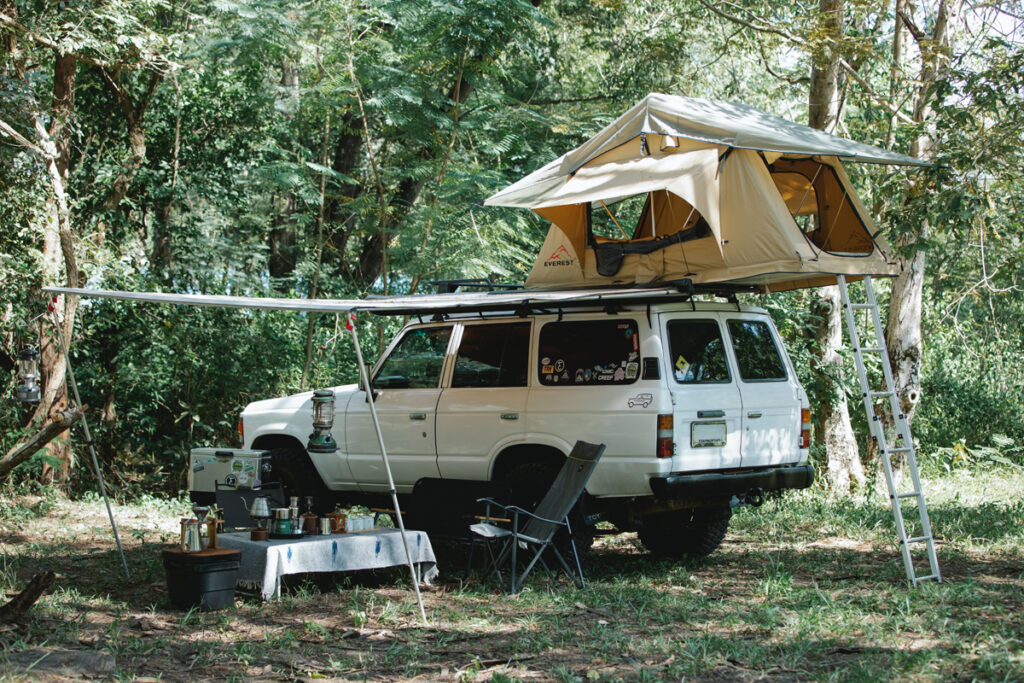

Couples Camping
The most comfortable sleeping pad for couples is one that fits two people. You can snag two individual sleeping pads that connect or invest in a double sleeping pad. If you’re looking for a connectable sleeping pad for a wider sleeping surface that provides split comfort, the KAMUI self-inflating sleeping pad is perfect.


Winter Camping
When winter camping, the r-value of your sleeping pad is the most essential feature to consider. You need to stay warm throughout the night to be comfortable.
Summer Camping
The r-value is generally less important in the summer months. However, it is vital to have an idea of where you plan on camping! If you’re camping at a high elevation, you might still want a sleeping pad with a decent R-value because the nights tend to be colder on campsites located at high elevations.
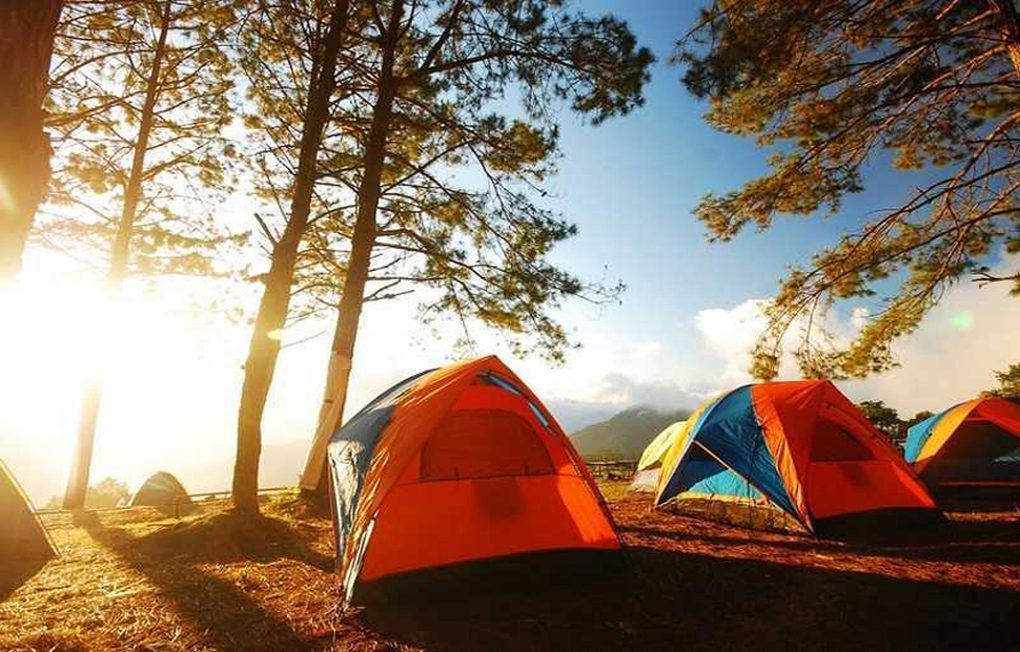

Sleeping Pad Features
Knowing the type of sleeping pad and its features you need will shape the way you enjoy your camping experience. Finding a pad that fits your needs will mostly depend on these essential features:
1. Cushioning
The foam or air inside your sleeping pad determines its cushioning and comfort. The sleeping pads with the most cushioning include both open-cell foam and air in their design.
2. Weight
The weight of your sleeping pad is most important when you plan on using it for backpacking. Weight, however, often relates to packed size and packability. If you are transporting your sleeping pad in a smaller space, weight might still play an important role in your decision.
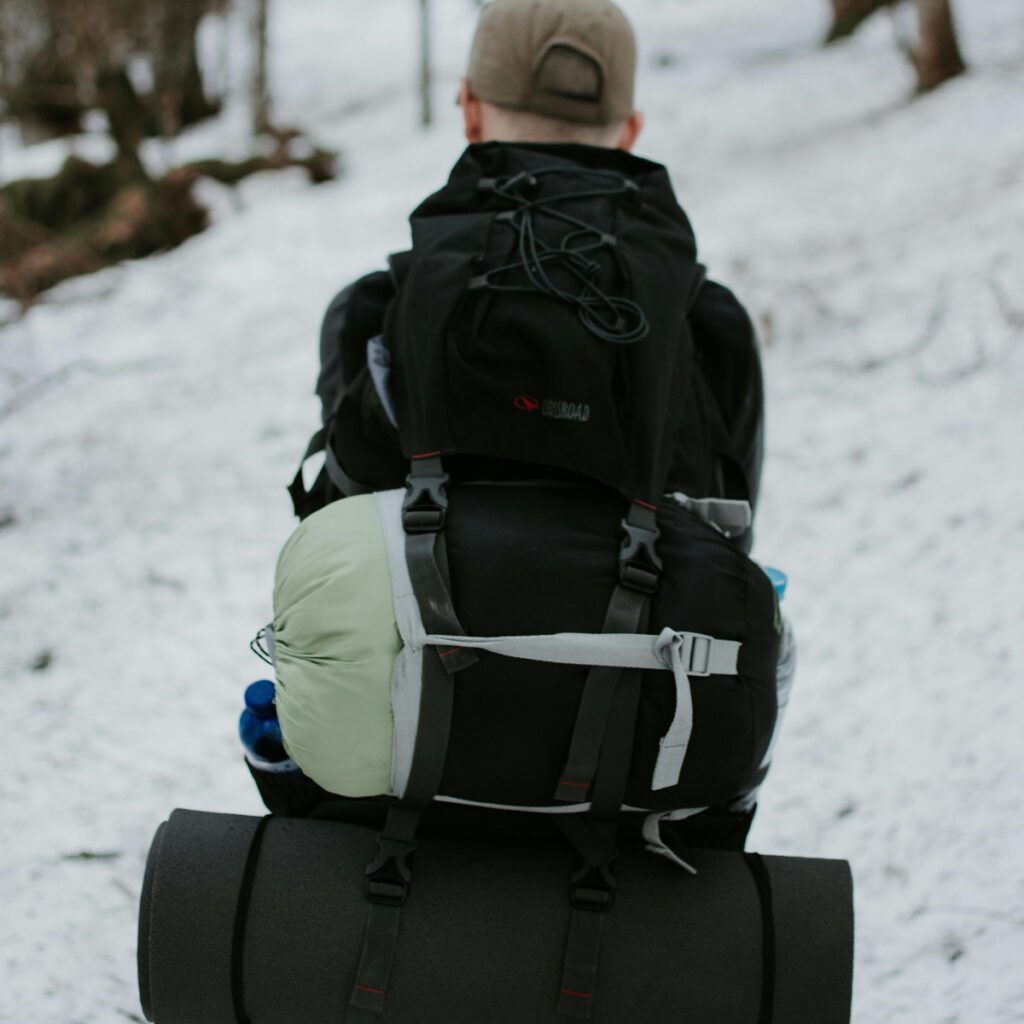

3. Dimensions
Make sure the dimensions of your sleeping pad fit your needs. You’ll want to find an extra-long sleeping pad if you’re taller. Similarly, if you’re broader, a wider option would be the best sleeping pad for you.
4. R-value
R-value is a material’s ability to resist heat flow. The higher the R-value, the greater the insulation, which is the ability of the pad to resist heat flow.
A comfortable sleeping pad that will keep you warm throughout the night should have an r-value of 2.5 or more. If you’ll be sleeping in cold winter conditions, the suggested r-value is 5.
Types of Sleeping Pads
1. Air
Air pads involve manual inflation via your breath, an electronic or hand pump, or a pump sack.


Pros:
There is a wide variety of air pad styles. Air pads are comfortable, lightweight, and the most compact type of sleeping pad when packed. The firmness of the mattress is customizable by releasing or adding air from the valve.
Cons:
The lighter and more compact the air pad, the more expensive it tends to be. They no longer serve their purpose when punctured or ripped, although a patch kit makes field repairs possible.
If you inflate manually, moisture from your breath can get trapped inside, leading to bacterial or mold issues. Using a pump system and storing your pad unrolled with the valve (s) open will help prevent moisture buildup.
2. Self-Inflating
Self-inflating pads provide a combination of open-cell foam insulation and air. Opening the valve(s) allows the foam to expand and automatically absorb the air. Additionally, you can use manual breaths to increase firmness. Find out more details in this article on using, caring for, and maintaining a self-inflating sleeping pad.
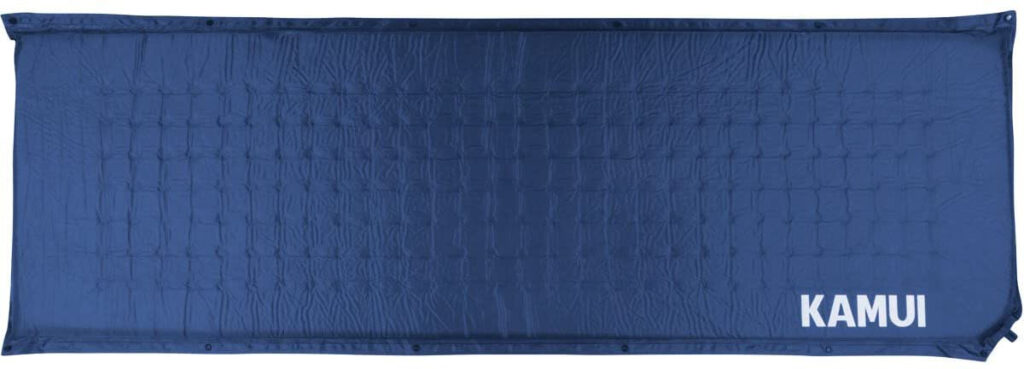

Pros:
Self-inflating pads offer a wide range of warmth, size, and cost options. They offer excellent comfort via insulation and adjustable firmness. They’re generally more durable than air pads and will still provide insulation if punctured.
Cons:
Self-inflating sleeping pads are heavier and more expensive than simple foam pads. They’re also not as compact as air pads, and this style of foam pad is a little bulky to carry and store on a backpacking trip if you prefer backpacking light.
3. Closed-Cell Foam
Closed-cell foam sleeping pads are the most basic of backpacking and camping pads. They’re made of dense foam filled with tiny closed-air cells.


Pros:
They’re lightweight and inexpensive. You don’t need to worry about punctures or leaks, and closed-cell foam pads can double as seat pads.
Cons:
Closed cell foam pads are less comfortable than air and self-inflating pads. They’re stiff and bulky compared to their air pad competitors.
Every outdoor enthusiast has different sleeping needs! Luckily, there is an inflatable sleeping pad out there for everyone.
The Most Comfortable Sleeping Pad for Camping on Amazon
The chart below includes a gear review for the 5 most comfortable camping sleeping pads on Amazon:
| BRAND |   |   | 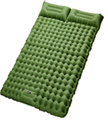  | 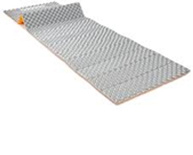  |   |
|---|---|---|---|---|---|
| SLEEPING PAD BRAND | KAMUI Self-Inflating Sleeping Pad | KLYMIT V Sleeping Pad | Elegear Double Sleeping Pad | Featherstone El Cordion | SAYGOGO SUV Air Mattress |
| STYLE | Self-Inflating | Air Pad | Air Pad | Closed-Cell | Air Pad |
| PROS | Connectable to other Pads; Comfortable Simple to Set Up | V-shape design for hammocking; Very lightweight; Packable | Ample space for camping couples; Built-in foot pump; Built-in pillow | Very Lightweight; Incredibly durable; Lifetime Warranty | Can be customized; Perfect Size for any SUV; Comes with an air pump with a car adapter |
| CONS | A little bulky; Should be stored open | Manual inflating can be time consuming | Difficult to inflate in a smaller tent | Not the most comfortable option; Low R-value | Heavy and Bulky |
| COMFORT | ✓ | ✓ | ✓ | – | ✓ |
| DURABILITY | ✓ | ✓ | – | ✓ | – |
| SLEEP SYSTEM | tent/car camping | hammocking | couple camping | backpacking | car camping |
| R-VALUE | 5.7 | 4.4 | 2.1 | 2.1 | 3.0 |
| WEIGHT | 3.5 lbs (1.59 kgs) | 2.1 lbs (0.95 kgs) | 5.5 lbs (2.5 kgs) | 1 lb (0.45 kg) | 7 lbs (3.17 kgs) |
| DIMENSIONS | 75.6×22.6×2″ (192×57.4×2.5cm) | 78x47x3” (198×119.3×7.6cm) | 79x55x4″ (200.7×139.7x10cm) | 74x22x0.9” (188×55.8×2.3cm) | 69x51x6” (175×129.5x15cm) |
Sleeping Pad FAQs
How Can I Make My Sleeping Pad More Comfortable?
Adjusting your whole sleep system can make your sleeping mat more comfortable. Sleeping bags and tents can all contribute to overall sleep comfort. You can always upgrade your sleeping pad to include more open-cell foam. Additionally, you can stack multiple sleeping pads to create the most comfortable sleeping pad arrangement.


How Do I Make My Sleeping Pad Warmer?
Sleeping pads are designed to go underneath your sleeping bag. If your sleeping bag is big enough, you can place your sleeping pad inside of your bag to keep it from moving throughout the night.
How Heavy Should My Sleeping Pad Be?
The weight of your sleep pad is a personal choice, and it truly depends on how you’ll be using it.


If you plan on backpacking with your sleeping pad, the best practice is to keep it around 1 pound. Weight becomes less important if you won’t be backpacking with your sleeping pad.
Conclusion
We rated five of Amazon’s top-selling sleeping pads and shared the pros and cons of each. Additionally, we shared which foam pad to use and evaluated their general comfort and durability level.
The most comfortable sleeping pad for camping will differ depending on the intended use, R-value, weight, cushioning, dimensions, and pad type.
The KAMUI Self-Inflating Sleeping Pad is engineered to provide comfort, insulation, and adjustability to solo, family, and group campers. You can stack two pads up quickly if you need more cushioning and warmth. Secure them on the side buttons so they won’t slip when you’re asleep. Connect two or more of these pads during group or family campouts for a wider sleeping area.
A self inflating pad is necessary if you want comfort while sleeping outdoors, away from the luxuries of home. Whether car camping with friends, backpacking deep in the woods, or hanging out on the beach, your best camping sleeping pad depends on your lifestyle.
KAMUI Self-Inflating Sleeping Pad
- Connectable with multiple sleeping pads
- 4-season sleeping pad
- Provides great back support
- Comes with a storage bag
